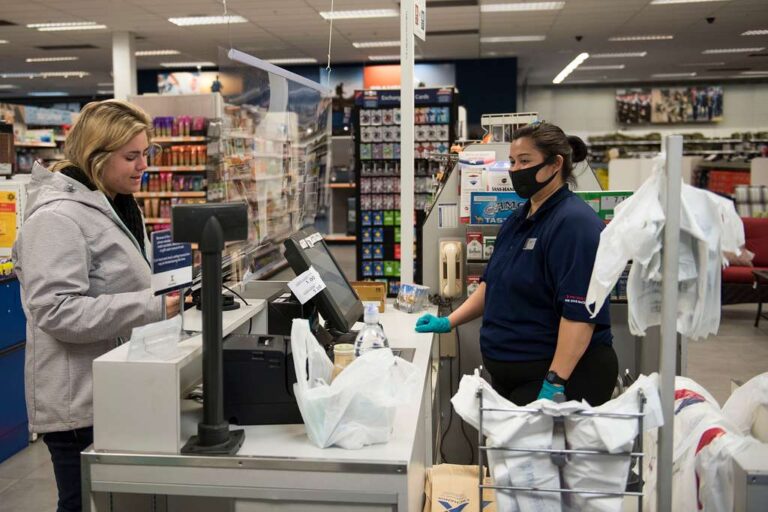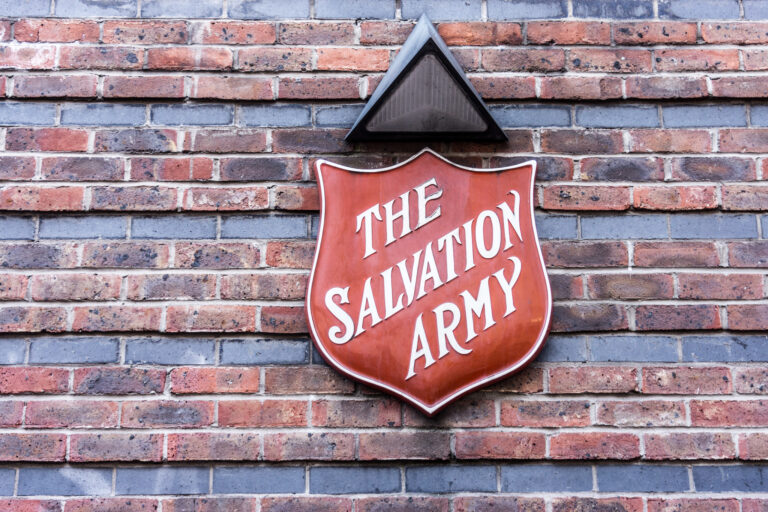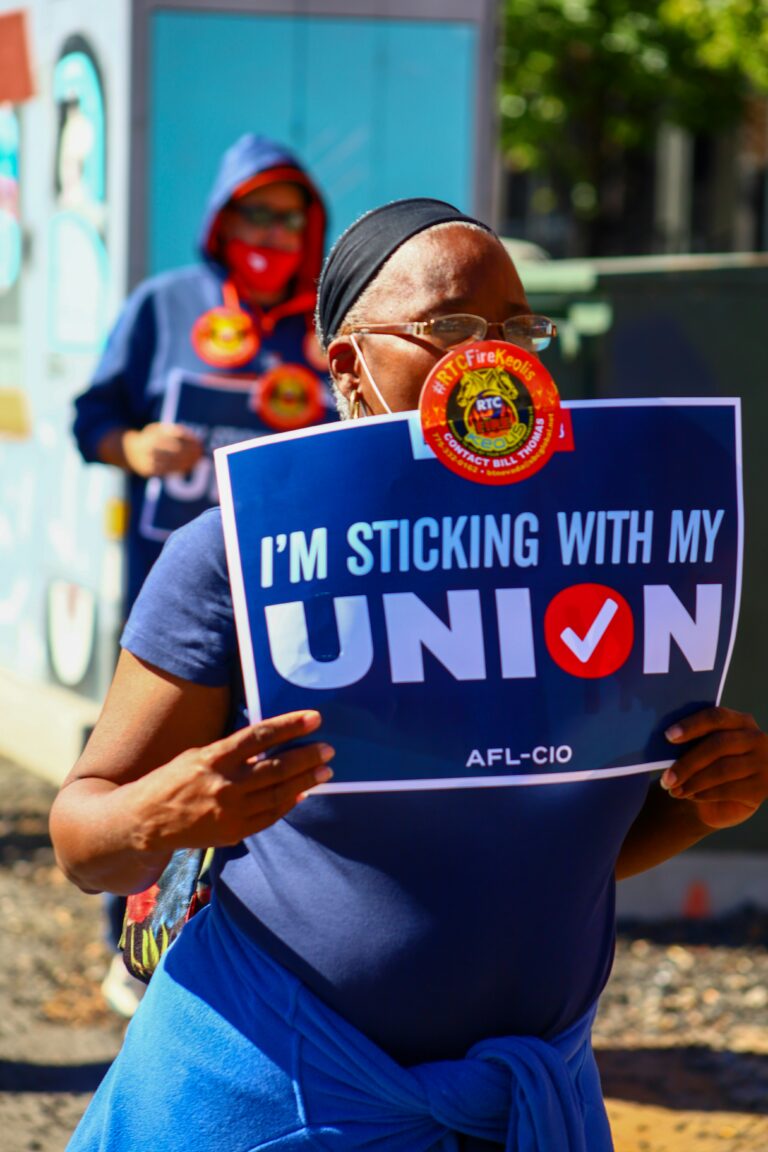Martin Drake is a student at Harvard Law School.
The Wall Street Journal editorial board argued yesterday that the “Fight for $15” could lead to fewer jobs and increased crime. The paper bases its jobs findings on a two-month drop in restaurant employment in New York City after a wage increase from $13 to $15 per hour; the argument on crime comes from a National Bureau of Economic Research working paper that studied the correlation between minimum wage increases and crime from 1998 to 2016. The editorial board also asserts that a study of Seattle’s recent minimum wage increase shows that higher minimum wages can lock unskilled workers out of the job market. That same study shows that workers on the whole worked less hours but received the same take-home pay, CNN reports.
Democrats are threatening to block the new NAFTA agreement unless Mexico passes improved workers’ rights legislation, Reuters reports. A current bill in the Mexican legislature would realize the Democrats’ desired labor standards, including increased democracy in workers’ organizations, according to a recent Bloomberg article on the topic. The bill requires that workers vote to approve their unions, delegates, and contracts by secret ballot. Many blame lax Mexican labor protections for the decision of many U.S. companies to set up factories just south of the U.S. border while closing their U.S.-based plants. Meanwhile, significant labor unrest continues at those very factories in northern Mexico, often referred to as “maquiladoras.”
Representatives of the Writers Guild of America have decided to extend their negotiations with talent agents for another week, the New York Times reports. TV writers affiliated with the union claim that the major talent agencies have been enriching themselves at the writers’ expense. The two parties have been operating under an agreement dating back to 1976 which was set to expire over the weekend; the new extension will last until April 13 as the two sides attempt to work out their ongoing dispute.
Labor unions are cautiously engaging in the 2020 Democratic primary race, after being burned by their pick in 2016, the Los Angeles Times reports. In 2016 labor leaders endorsed Hillary Clinton over the more pro-union Bernie Sanders, in an effort which they hoped would galvanize their membership but instead became divisive in several big unions. This time around, unions are making efforts to get their rank and file more invested in the 2020 race. The American Federation of Teachers, for example, is changing its endorsement process to seek more input from members after the union’s early 2016 endorsement of Clinton led to a significant membership revolt.






Daily News & Commentary
Start your day with our roundup of the latest labor developments. See all
October 26
California labor unions back Proposition 50; Harvard University officials challenge a union rally; and workers at Boeing prepare to vote on the company’s fifth contract proposal.
October 24
Amazon Labor Union intervenes in NYS PERB lawsuit; a union engages in shareholder activism; and Meta lays off hundreds of risk auditing workers.
October 23
Ninth Circuit reaffirms Thryv remedies; unions oppose Elon Musk pay package; more federal workers protected from shutdown-related layoffs.
October 22
Broadway actors and producers reach a tentative labor agreement; workers at four major concert venues in Washington D.C. launch efforts to unionize; and Walmart pauses offers to job candidates requiring H-1B visas.
October 21
Some workers are exempt from Trump’s new $100,000 H1-B visa fee; Amazon driver alleges the EEOC violated mandate by dropping a disparate-impact investigation; Eighth Circuit revived bank employee’s First Amendment retaliation claims over school mask-mandate.
October 20
Supreme Court won't review SpaceX decision, courts uphold worker-friendly interpretation of EFAA, EEOC focuses on opioid-related discrimination.